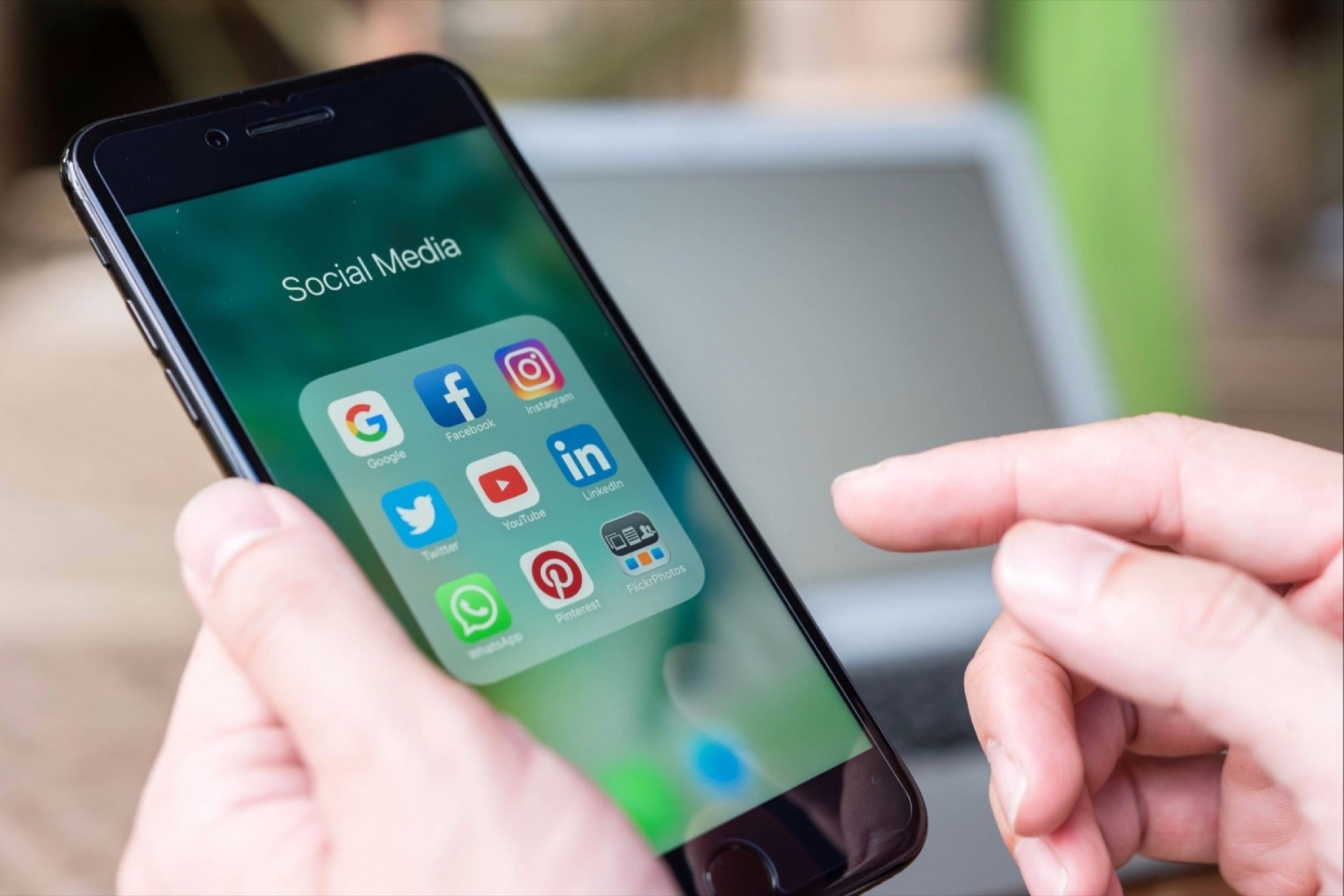How Digital Identification Can Curb Fake Social Media Accounts These are the things that can help you to detect a fake media account and stay safe in this age of technology
By Robin Tombs
Opinions expressed by Entrepreneur contributors are their own.
You're reading Entrepreneur India, an international franchise of Entrepreneur Media.

Social media is under increased scrutiny. In the past few weeks, there have been reports of children as young as eight using dating apps. More recently, with India's general elections just a month away, there have been fears about the spread of fake news over social media from bot accounts. Despite all the efforts being made by social media apps, one cannot still be assured of a safe and credible social media experience.
While internet security is a moving paradigm, one thing that's clear is a lot of the challenges associated with social media today are real challenges of identity. Verified digital identities and effective age verification can solve several challenges that hamper a safe social media experience, especially for our children and young people.
Secure and Robust Age Verification Online
Online age verification has only really developed in the past few years for regulators to take it seriously. Now that the technology exists, social media firms are more likely to consider the different solutions out there.
Currently, many platforms have no age verification methods in place, or merely require a tick box to say you are of appropriate age, which can be easily falsified by minors. Introducing secure and robust age verification will ensure that only those old enough can access and use the platform.
Social networking site Yubo recently partnered with a leading digital identity company from the UK and is using their age estimation technology to flag any accounts where people appear to have misstated their age. In this regard, Yubo can be confident that individuals on their site are of the appropriate age; creating a safer platform.
Ideally, companies should adopt a data minimisation approach and just ask for the specific details they need from individuals. For example, if they just need to know if someone is over 18 years, then individuals should be able to share only their verified age or 18+ attribute. The company can be sure that every user meets their age requirement, and at the same time protect individuals from sharing an excessive amount of information.
Verified Digital Identities
It is currently too easy for someone to create a fake profile or pretend to impersonate someone online. This is common on dating sites. With over half of the couples expected to meet online by the year 2031, dating sites make a hot target for fraudsters, who can deceive genuine, innocent people.
With a single, digital identity and verified details, the misuse of online platforms can be quashed. Individuals can quickly, simply and securely prove their age or identity online. This protects underage users from creating accounts and being targeted by adults with malicious intent, and individuals are also reassured of the identity of the people they meet online. Digital identity technology is already being used by Truly Madly, India's leading dating app, to help create a safer community of online daters.
Digital identity can also play a crucial role in curbing online trolling and propaganda by bots on platforms like Twitter. The "fake news' and biases spread by these automated accounts has had a negative impact on users, ever since reports of the alleged role of bot accounts during the 2016 US Presidential elections emerged. Digital identity verification can be used to curb fake accounts and bot-run accounts by asking users to merely verify their age in order to differentiate between humans and bots. This can enable a more credible social media experience for everyone.










